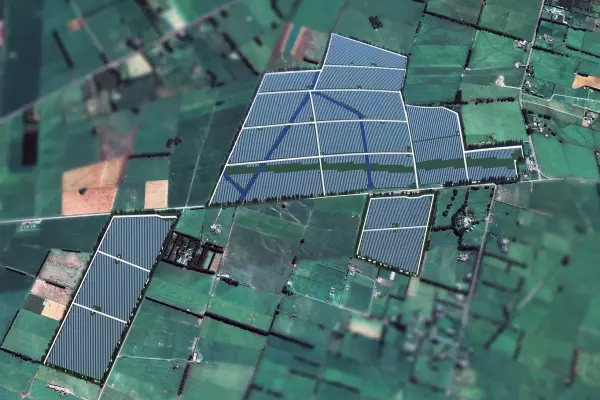A New Zealand research project that promises to streamline space-based protein research will be blasting off to the International Space Station later this year.
The researchers say that could lead to new and better drugs and vaccines.
The prototype equipment is due to fly to the space station with private US space company Axiom Space, which last year made the first private space flight to the International Space Station (ISS). The crewed flight was in a Dragon spacecraft manufactured by SpaceX.
Once in orbit, the prototype will test the hardware and software for the ongoing development of a fully-automated, high-throughput system that will analyse protein crystal growth under microgravity conditions.
It will get there on the crewed Axiom Mission 3 (Ax-3), which is currently pencilled in for a November launch. Axiom Mission 2 to the ISS is scheduled for a May 8 launch, all going well.
The protein research technology was developed by Sarah Kessans, a senior lecturer at the University of Canterbury’s School of Product Design. Its development was carried out in collaboration with Arizona State University and Christchurch companies Asteria Engineering Consultancy and Intranel.
Asteria Engineering Consultancy led the hardware development, while Intranel took charge of software development.
Other local companies including Dawn Aerospace and Shamrock Industries helped with the development and systems testing.
A new approach
Although growing protein crystals in earth orbit is not new, current facilities are far more labour-intensive requiring astronauts to mix samples, observe growth and adjust the settings as needed.
The technology promises to greatly scale up protein crystal growth in microgravity environments such as on the space station. The NZ-developed facility will be self-contained and autonomous, and allow for real-time analysis of thousands of experimental conditions.
Kessans said in a statement that protein crystals grown in such conditions could be developed into larger and better quality crystals than could be grown on Earth.
"These crystals can then be used to create high-resolution pictures of the protein’s structure. If we have a detailed picture of what virus proteins look like, for example, we can develop things like antiviral drugs and vaccines.”
The NZ-Axiom agreement
NZ’s relationship with Axiom Space began after the NZ Space Agency, within the Ministry of Business, Innovation and Employment (MBIE), met the company at several space conferences.
Last year, NZ signed a memorandum of understanding with Axiom Space and agreed to two feasibility studies. Kessans' project is the result of one of those studies. Axiom Space was introduced to a range of NZ space and biotech research during a trip here but was particularly interested in Kessans' project.
NZ has also joined Axiom’s Space Access Program which the company announced on April 17.
The programme offers partner countries the opportunity to use its technology and facilities, including priority for future missions on board Axiom's own planned low-orbit space station, which would be the first private space station.
MBIE director of innovative partnerships Joe McKay said in a statement that the membership was a natural move for NZ.
The space station is now under construction in the United States, with the first sections set for launch in late 2025.
From CubeSats to space stations
Kessans started the project in 2019 with funding from Science for Technological Innovation, one of NZ's current 11 National Science Challenges. The initial focus was on developing CubeSat – micro-satellite – modules, before later switching to space station facilities.
MBIE said in a statement to BusinessDesk that the partnership with Axiom Space meant that NZ ground-based research could get into space faster, easier and cheaper.
"This prototype will be the first of its kind for NZ research and will open up opportunities for both academic and commercial teams to conduct valuable research in microgravity."















